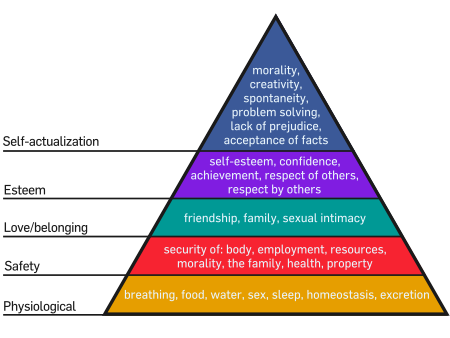- Community
-
Programs
- Schools
-
Careers
- RN Specialties
- Best RN Jobs and Salaries
- Aesthetic Nurse
- Nursing Informatics
- Nurse Case Manager
- NICU Nurse
- Forensic Nurse
- Labor and Delivery Nurse
- Psychiatric Nurse
- Pediatric Nurse
- Travel Nurse
- Telemetry Nurse
- Dermatology Nurse
- Nurse Practitioner
- Best NP Jobs and Salaries
- Family NP (FNP)
- Pediatric NP
- Neonatal NP
- Oncology NP
- Acute Care NP
- Aesthetic NP
- Women's Health NP
- Adult-Gerontology NP
- Orthopedic NP
- Emergency NP
- Psychiatric-Mental Health NP (PMHNP)
- APRN
- Nurse Educator
- Nurse Administrator
- Certified Nurse Midwife (CNM)
- Clinical Nurse Specialist (CNS)
- Certified Registered Nurse Anesthetist (CRNA)
- Resources
- Education


Rosiemenard
3 Posts
Hi student nurses and nurses.
Wednesday was my second week stage this week and my patient had a femoral fracture and it was her third day post op. She complains of nausea so i gave her gravol. She also reports pain 6/10 on her left hip (related to her surgery for femoral fx) and she asked me why it was so important to mobilize and do physical exercise. This is one of my dx (defficient knowledge about mobilization as evidenced by the patient doesn't want to get out of the bed) i am not really sure it is a good diagnosis. it was also the first time I was giving Lovenox subcu and i was really stressed at first but once it is done, i will never forget how to give meds. The book we are using at college is med-surg nursing in canada (cause i am from canada). So i have to write down 2 nursing diagnosis/priority for my patient. the first one would maybe be acute pain related to surgery for femoral fracture as evidenced by rating the pain 6/10. the second one would maybe be the deficient knowledge about mobilization.
thanks for help